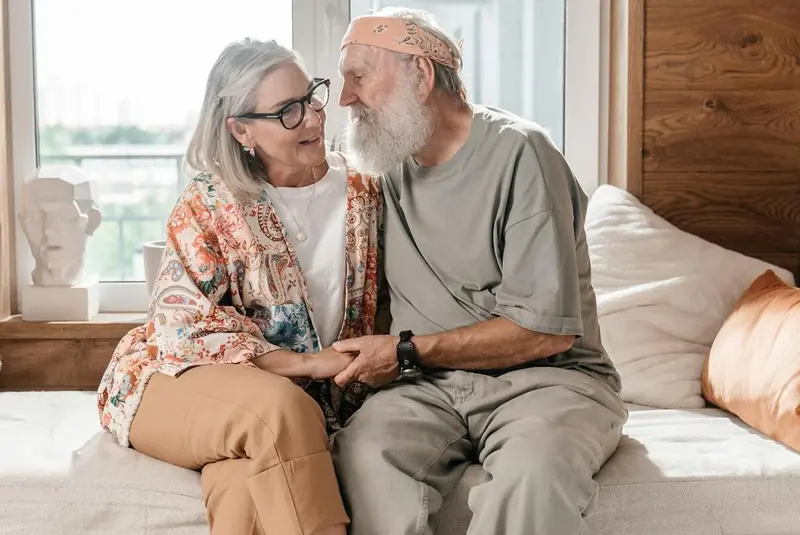
Experts from the international organization Home Instead have reported findings from their research titled “The New Aging Index.” They surveyed 1,000 British adults of various ages, asking questions about different aspects of life, including sexuality.
Home Instead, headquartered in Omaha, Nebraska, provides social and medical assistance to seniors in their homes.
What Did the Researchers Discover?
According to the survey, two-thirds of respondents from Generation Z stated that they plan to remain sexually active in their later years. In contrast, 53 percent of those aged 75 and older intend to continue focusing on their intimate lives. Participants aged 66 to 74 showed similar results, with 51 percent of respondents in this age group planning to stay sexually active as they age. Among those aged 55 to 65, the figure was even higher at 62 percent.
Men expressed a greater interest in maintaining sexual activity in their senior years, with 74 percent compared to 49 percent of women.
Overall, 60 percent of respondents across all age groups believed that staying sexually active would help improve their mental health.
What Other Questions Were Asked?
Views on sex were just one aspect of the survey, as reported by the Daily Mail.
Experts also found that 66 percent of respondents believe that proper nutrition and exercise are key to maintaining youth. Additionally, 67 percent of older respondents stated that their lifespan would depend on advancements in modern medicine.
Moreover, 89 percent of Britons aged 75 and older expressed a desire to remain physically active.
Concerns about ending up in a nursing home were voiced by 44 percent of respondents, while 36 percent said their biggest fear is the death of their partner.
Meanwhile, 80 percent indicated a preference for receiving care at home rather than in a medical facility.
Commenting on the study’s results, Martin Jones, the executive director of Home Instead, noted that the perspective of today’s retirees extends far beyond watching television and sipping tea. “Age is a biological reality, but it is also a social construct,” he said.
